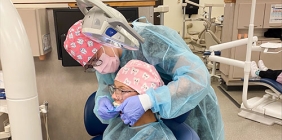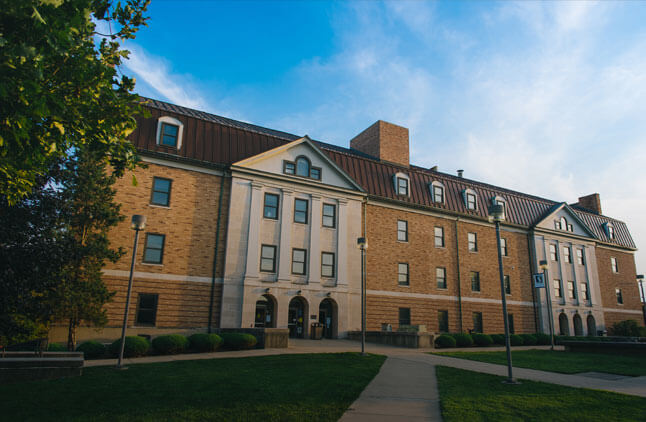The Dental Hygiene program at Shawnee State University is designed to educate and prepare competent dental health care professionals who are able to be employed in private dental practices or clinics where they provide a variety of oral care services and treatments as well as dental health education, home care instruction and diet and nutritional counseling.
Scholarships Available
Apply to receive a $1500 scholarship up to full-tuition when you apply and are accepted.









